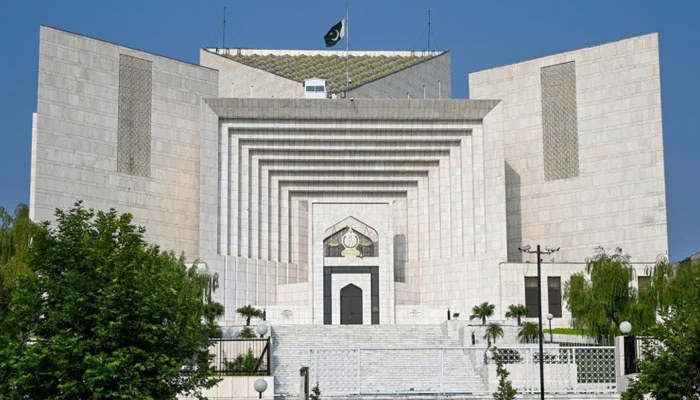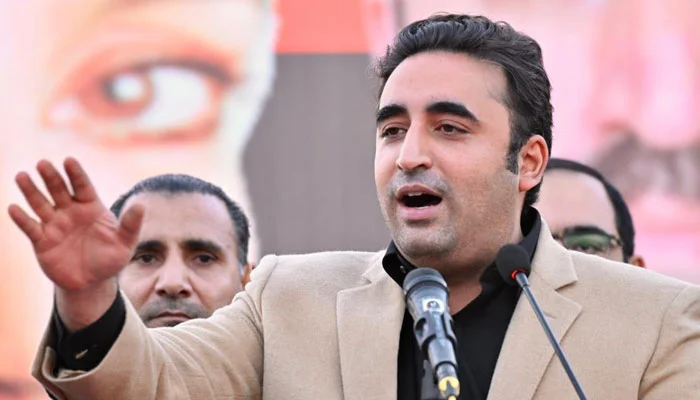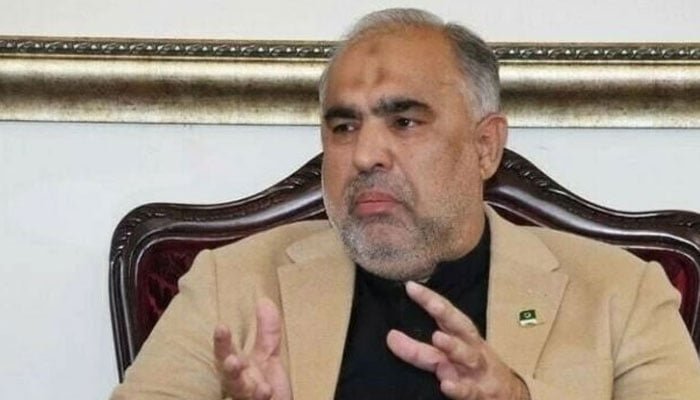The Supreme Court of Pakistan has upheld the convictions of military officers involved in the conspiracy to overthrow the second government of former Prime Minister Benazir Bhutto, rejecting their appeals and constitutional petitions. This decision highlights the importance of the judiciary’s role in checking the exercise of constitutional powers when it comes to military courts’ decisions.
The use of constitutional authority against military court rulings is a significant development in Pakistan’s legal and political landscape. The Supreme Court, led by Chief Justice Omar Ata Bandial and comprising Justices Manzoor Akhtar Naqvi and Mazhar Ali Akbar Naqvi, maintained the verdict issued on February 15, 2022. In that ruling, Colonel (R) Azad Munhas and Colonel (R) Enayatullah were dismissed from service by a field court-martial and sentenced to two and four years of imprisonment, respectively, for their involvement in the plot to topple Benazir Bhutto’s government.
What’s particularly noteworthy about this decision is that it affirms the constitutional authority of the courts to review and potentially overturn military court decisions. The legal battle revolved around appeals and constitutional petitions challenging the field court-martial’s verdict. Despite the delay in filing these appeals – three years for Colonel Azad Munhas and thirteen years for Colonel Enayatullah – the Supreme Court found that there was no legal basis to reject them.
Justice Mazhar Ali Akbar Naqvi authored the 17-page verdict, in which the court observed that the accused, Enayatullah, had sought recourse to civilian courts after thirteen years, while Azad Munhas had done so after three years. The court found no justifiable reason to dismiss these requests due to the delay. This underscores the court’s commitment to upholding the principles of justice and fairness, even when dealing with military personnel.
The decision has far-reaching implications, not only for the individuals involved but also for the broader legal landscape in Pakistan. It reinforces the principle that military court decisions can be subject to scrutiny by civilian courts when there are concerns about the fairness and legality of those decisions.
In a country with a history of military interventions in politics, this verdict underscores the importance of the judiciary in maintaining the rule of law and ensuring that constitutional norms are upheld. It serves as a reminder that no one, including military officers, is above the law, and that justice must be served without delay, regardless of the circumstances.
Overall, the Supreme Court’s decision to uphold the convictions of military officers involved in the conspiracy to overthrow the government of Benazir Bhutto is a significant step towards strengthening the rule of law and ensuring accountability in Pakistan. It reaffirms the judiciary’s role as a check on the exercise of power and upholds the principles of justice and fairness.



